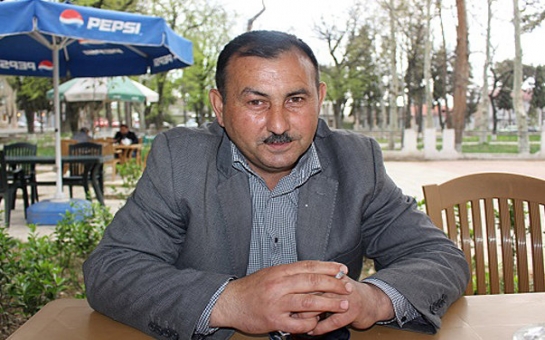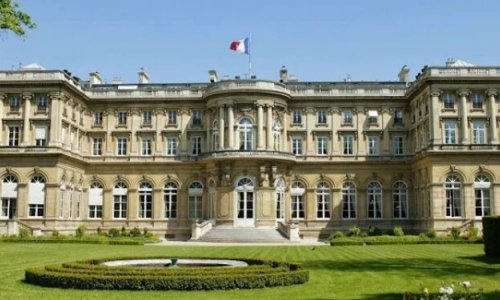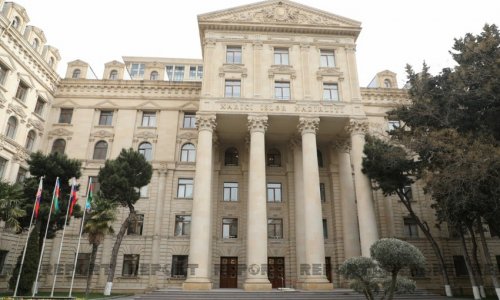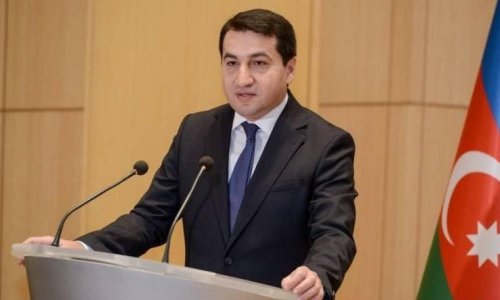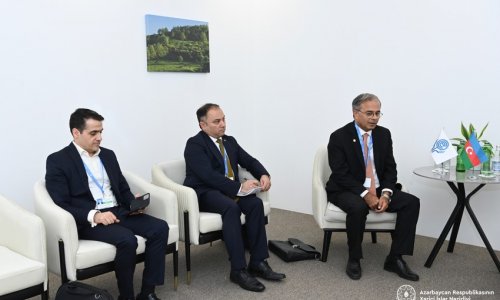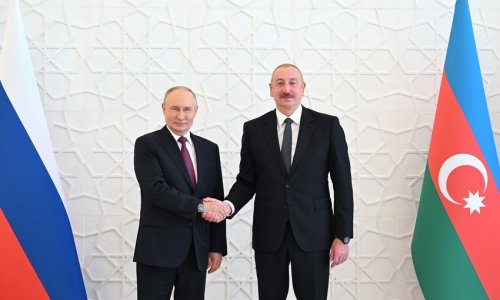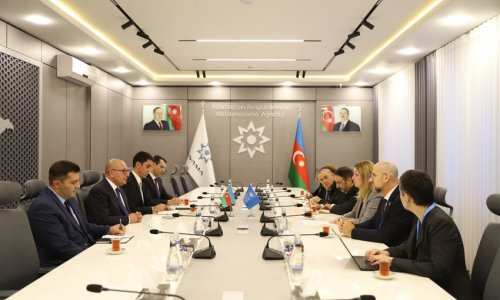Two decades after the Nagorny Karabakh conflict, Azerbaijanis forced to leave their original homes during the war are unable to vote in local elections.
When Azerbaijan holds municipal council elections this December, hundreds of thousands of internally displaced persons (IDPs) will not be taking part because they cannot acquire permanent residence status.
“Forced migrants aren’t allowed to take part in municipal elections. It’s as if we aren’t citizens of this country,” said Maqsad Mirzayev, who lives in Qazakh, a town in northwest Azerbaijan.
Technically, the IDPs are still recorded as resident in Karabakh or in surrounding districts that remain under Armenian control, rather than in whichever municipal constituency they now live in. Hence, they are not listed as voters for local polls, although they can take part in presidential and parliamentary elections.
“Banning forced migrants from taking part in municipal elections is a violation of the constitution of Azerbaijan, of national law and of international treaties,” Elman Fattah, a lawyer who belongs to the opposition Musavat party, told IWPR. “The government uses the occupation to justify excluding IDPs from elections. But it’s just an excuse. In fact, they’re doing it so that a significant proportion of the population is left out of politics.”
Officials argue that the IDPs are only away from their home areas on a temporary basis so there is no point in letting them vote in local polls.
Aydin Mirzazade, a member of parliament from the ruling Yeni Azerbaijan party, sees nothing wrong with the law, saying it was right to exclude temporary residents from voting in local elections.
“Forced migrants are temporarily resident in the areas they are currently located in. For that reason, it would be wrong for forced migrants to vote in the elections alongside people who have permanent registration,” Aydin Mirzazade, a member of parliament from the ruling Yeni Azerbaijan party, explained.
However, it is now two decades since the IDPs fled, and there is little sign of a settlement that would allow them to return. Open warfare ended with a ceasefire in 1994, but years of negotiations have failed to bring progress towards a workable deal. The Armenian administration in Karabakh claims sovereignty, while Azerbaijan insists it must regain control of all its national territory.
The official reluctance to give IDPs the same voting rights as other residents stems from a fear that this might be seen as a de facto recognition that they will not be going home.
“There are legal and political aspects to this,” Akif Qurbanov, a member of the Central Electoral Commission, told IWPR. “Negotiations are taking place to regain the occupied territories. There’s a likelihood that the territories will be returned or otherwise freed from occupation."
He added, “Unfortunately, electoral legislation does not envisage the possibility of occupation.”
Qadir Khalilov, who works for the justice ministry’s department for links with municipalities, said his office had little option but to uphold the rules that currently applied.
“The department… works with the existing municipalities. It isn’t our responsibility to create municipalities or to organise elections,” he said.
Most of the IDPs excluded from local elections are still classed as resident in the Nagorny Karabakh Autonomous Region or in one of seven adjoining districts that are wholly or partly under Armenian control.
Maqsad Mirzayev falls into a different category – his village, Barkhudarli, was among a handful that belonged to Azerbaijan but were enclaves some way inside Armenia, in the Soviet era when both republics were part of the same state. The villagers fled before war could engulf them in 1992, and settled in the nearest Azerbaijani town, Qazakh. Although they had only moved within the same administrative district, they still cannot vote in the town’s municipal election.
“We have lived in Qazakh for more than 20 years, and we’re already permanent residents in the town,” Mirzayev said. “We want to take part in public life. We have appealed to the local electoral commission every time there’s a municipal election, but it refuses to let us stand as candidates or to recognise our right to vote.”
Shohrat Metlebzade, who fled another exclave village when it was overrun by Armenian forces during the war, said officials had told him he would only get to vote once his home area was back under Azerbaijani government control.
“But no one knows when our lands will be liberated. We live in Qazakh [town] and we use the electricity, gas, water and roads here. This town’s problems are our problems,” he said. “How is it possible that my neighbour can vote in the elections and I can’t?”
As well as IDP communities, some people who do have permanent residence status will miss out on the December elections. Located close to the border with Azerbaijan, their villages have no municipal structures and hence no elections.
“They say we’re on the border, and that a war could start any minute, so it’s too early to create a municipality,” said Emil Iskandarov, who lives in one such village, Gushchu Ayrim. (For more on this village, see Azerbaijani Border Villages Living on the Edge.)
Opposition-minded lawyer Fattah said there was no reason this should be the case, as there was no legal impediment to having municipal bodies in such areas.
Qurbanov, the election official, said the reason these frontier villages did not have properly demarcated constituency boundaries was that it was too dangerous for staff to travel there and mark them out. At the same time, he acknowledged that denying villagers a chance to vote on local affairs was “inconsistent with the constitution and our international treaty obligations”
(IWPR)
Bakudaily.az

